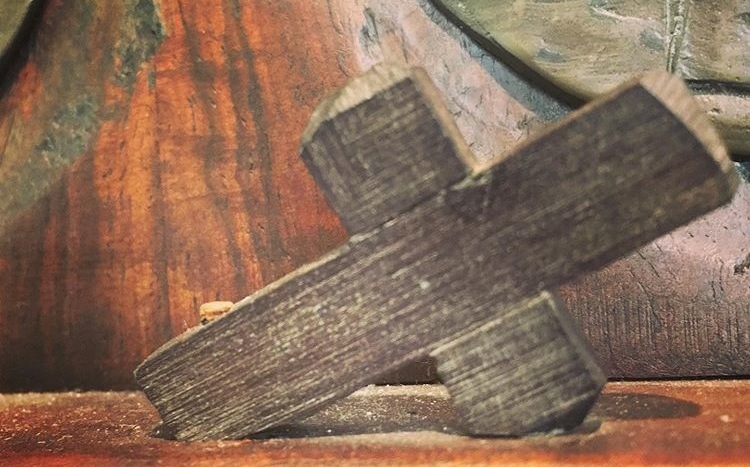

Want to refresh your basic understanding of your Christian faith? Or want an introduction to Catholic practices and history? Learning, understanding, and living our Catholic Christian faith never ends even as we grow old.
Read the posts below on the bible, liturgical practices, holy days of obligation, and more.
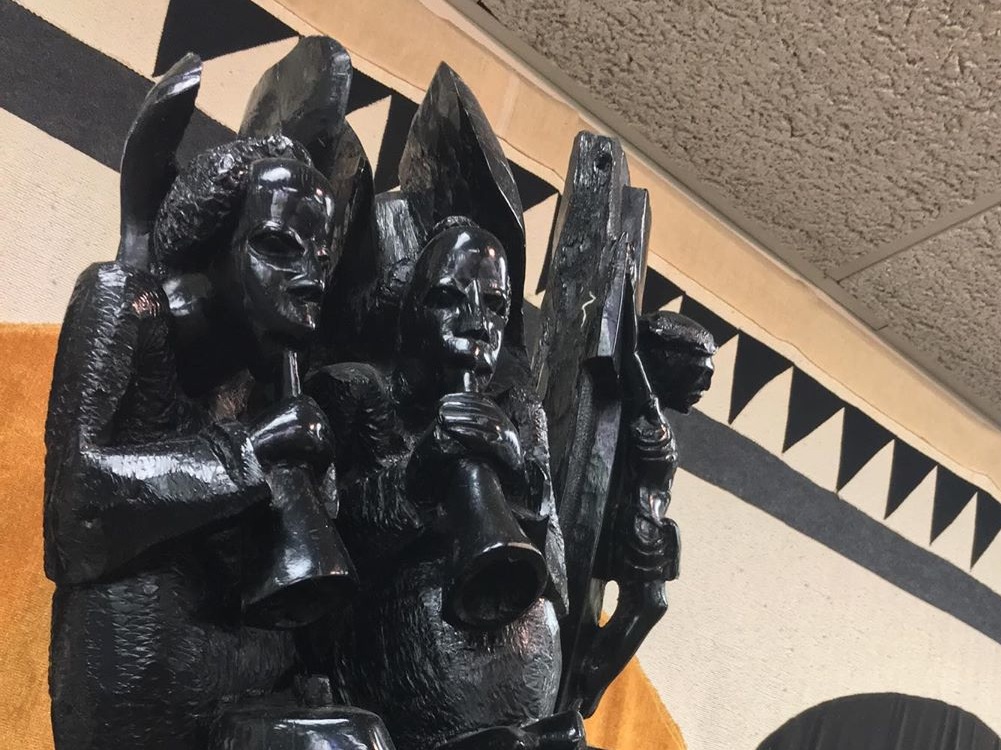
Why? Because the bible says it. The Apostle Paul instructs us to gather as believers who are watching and waiting for the Lord and sing psalms, hymns and spiritual canticles....
Read More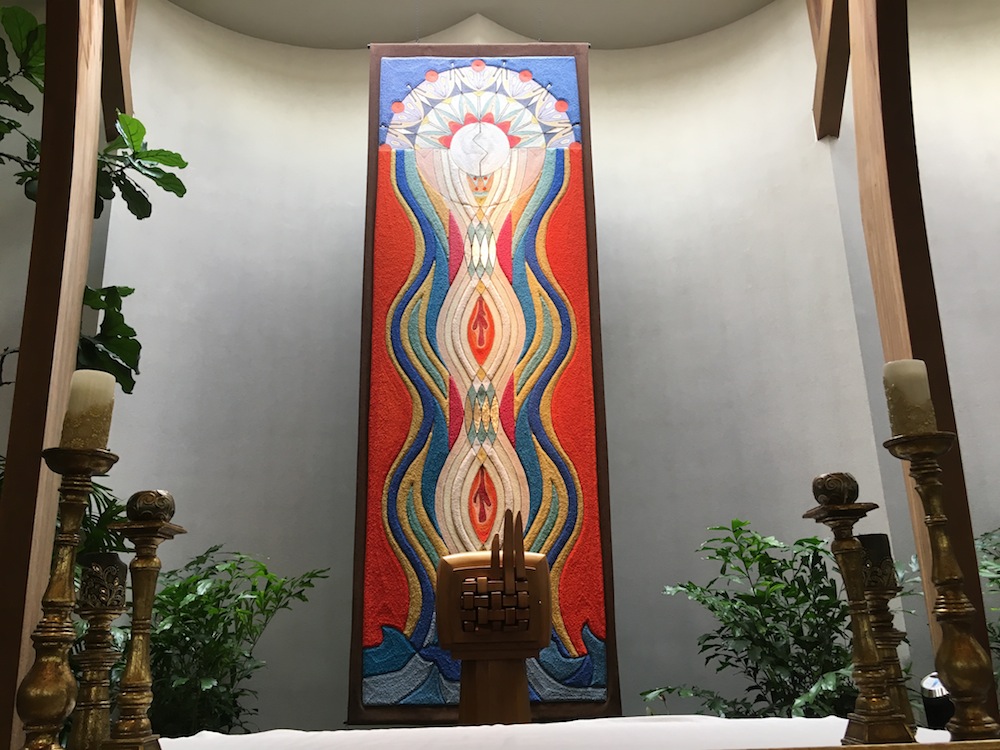
One has to chuckle when a Catholic complains that the use of incense bothers him or her. In ancient times incense was used to drive demons away!
Read More
Once in a church that had no kneelers a bishop asked a pastor, “Why aren’t the people kneeling?” The pastor responded, “Because we have no kneelers.” The bishop asked, “So...
Read More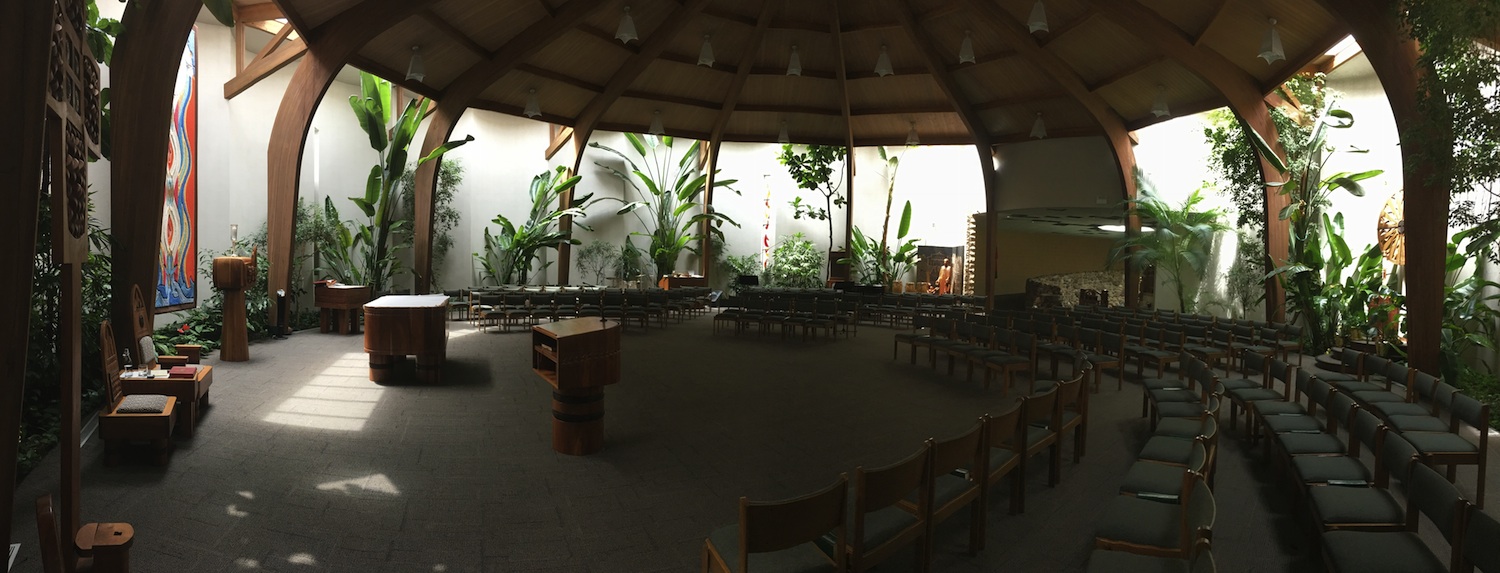
The Lord opens the doors of the church. The Lord gathers the Body of Christ. The Lord invites his friends to celebrate His Resurrection. The Lord gives us communion. We...
Read More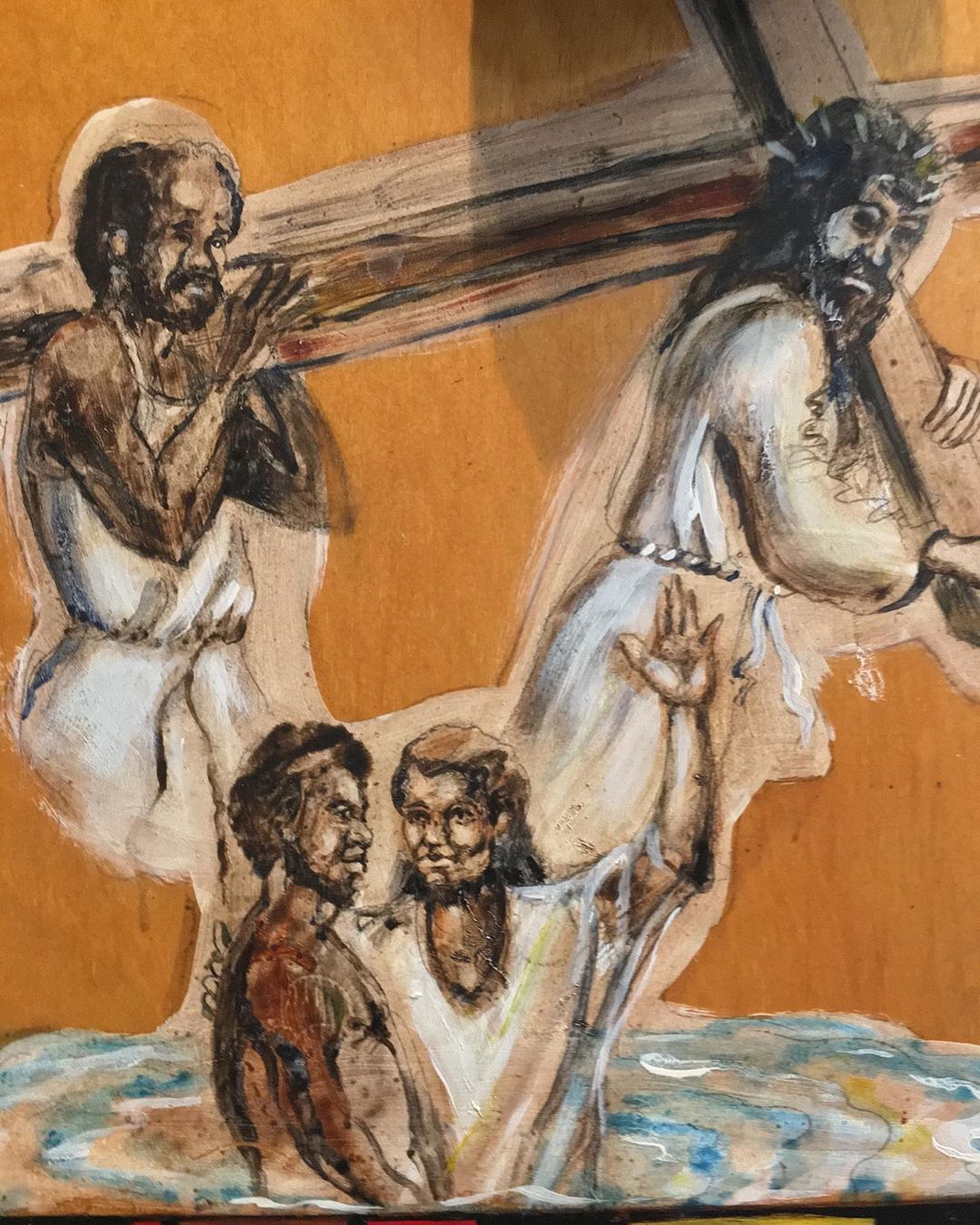
If Jesus was born without sin, why did he have to get baptized? First it is important to note that he didn’t have to, he wanted to.
Read More
Genuflection is the more profound gesture. Genuflecting is kneeling, but only on one knee to acknowledge God’s presence. To genuflect one brings the right knee completely to the floor...
Read More
Watch us as we arrive for prayer. We are early. We are late. We are settling down. We are moving. We are greeting. We are thinking. We are distracting. We...
Read More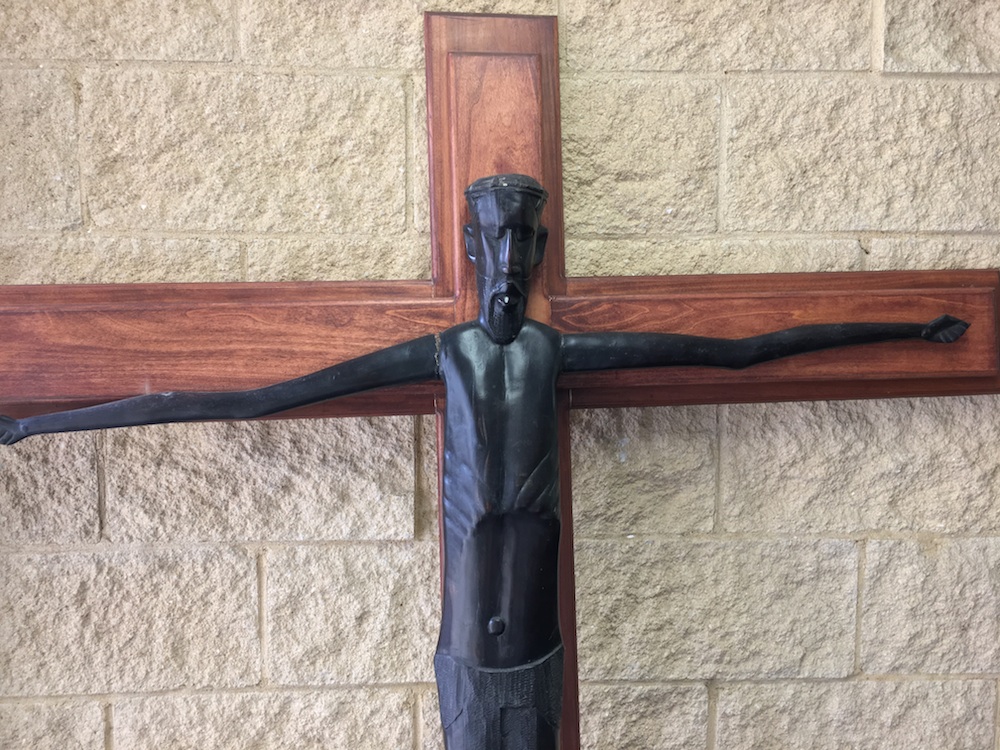
What are you doing, what are we doing when we bless someone or something? We are preparing someone or something to be used by God for Christ’s sake.
Read More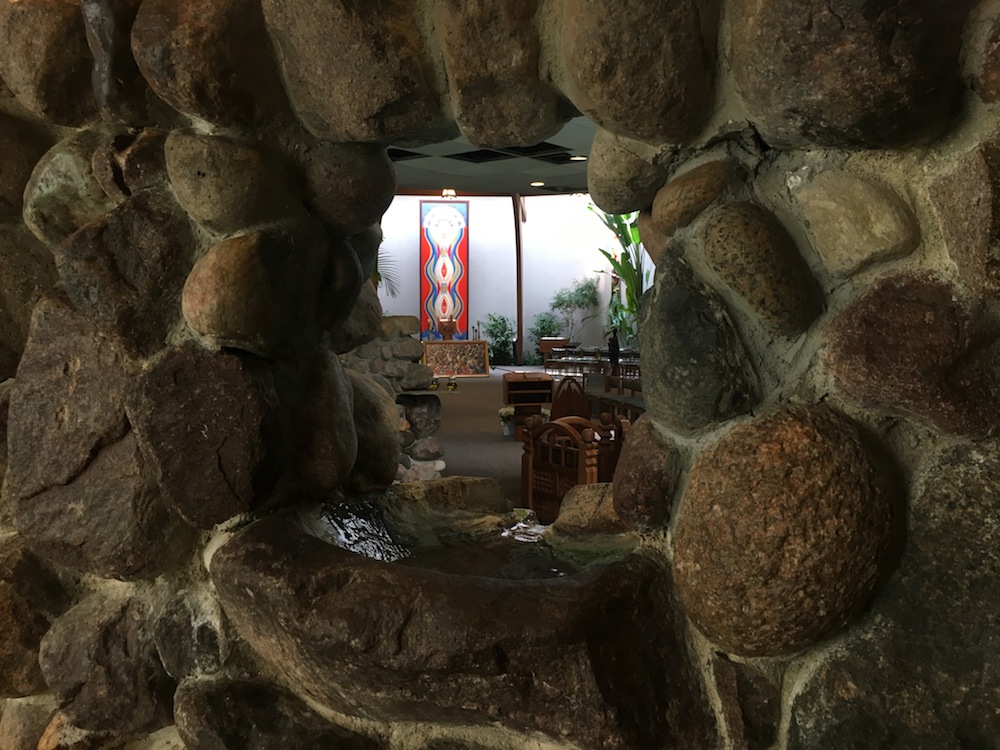
Christ instituted the sacraments of the new law. There are seven: Baptism, Confirmation (or Chrismation), the Eucharist, Penance, the Anointing of the Sick, Holy Orders and Matrimony. The seven sacraments...
Read More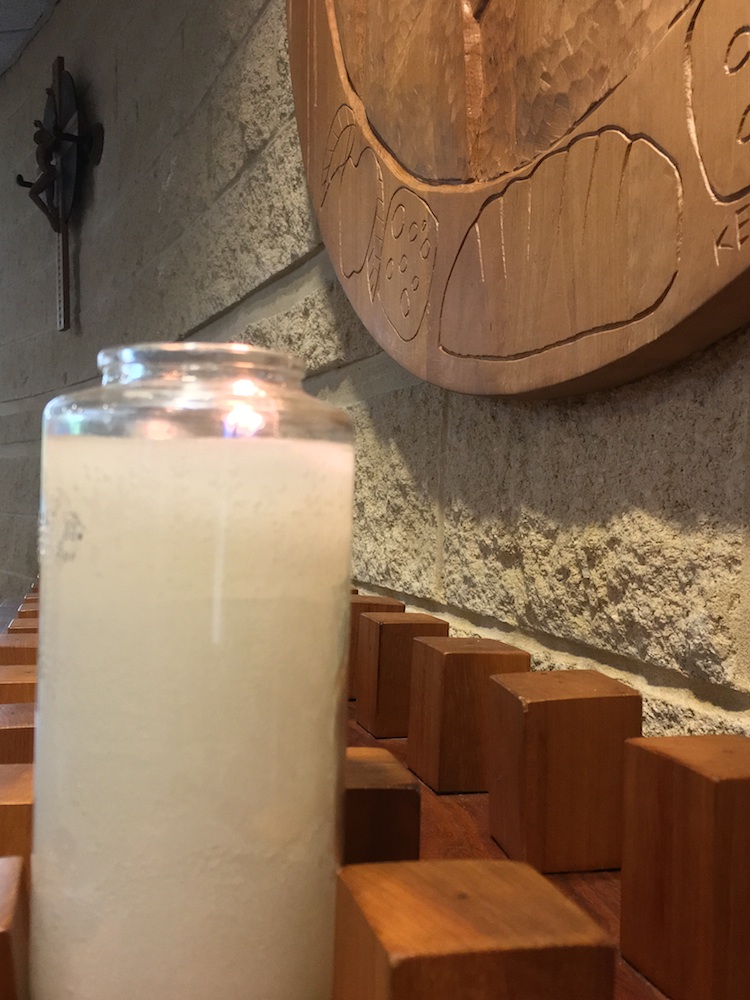
Ashes, holy water, palms. Crucifixes, rosaries, holy cards, lit candles, and all things and persons and places blessed to praise God and pray for His gifts are sacramentals.
Read More
One of the most impressive liturgies of the year is the Chrism Mass. At this Mass, the Bishop, the leader of the local church, blesses oils that will be used...
Read More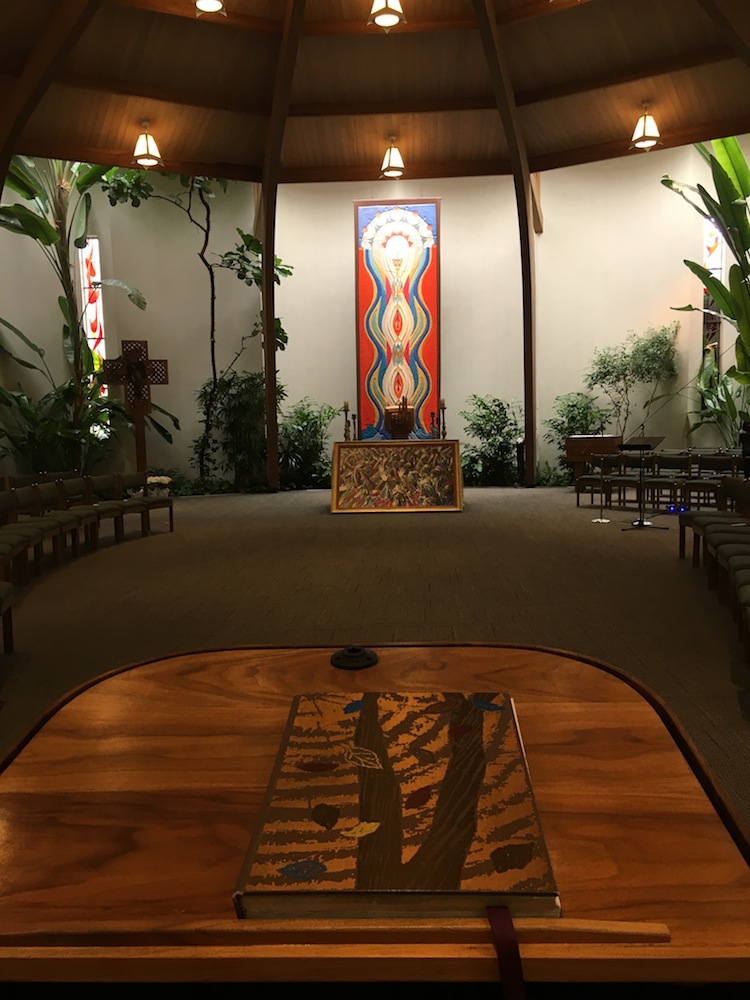
What do you call a man or woman who stands up in a Catholic church and lends his or her voice to God? A LECTOR.
Read More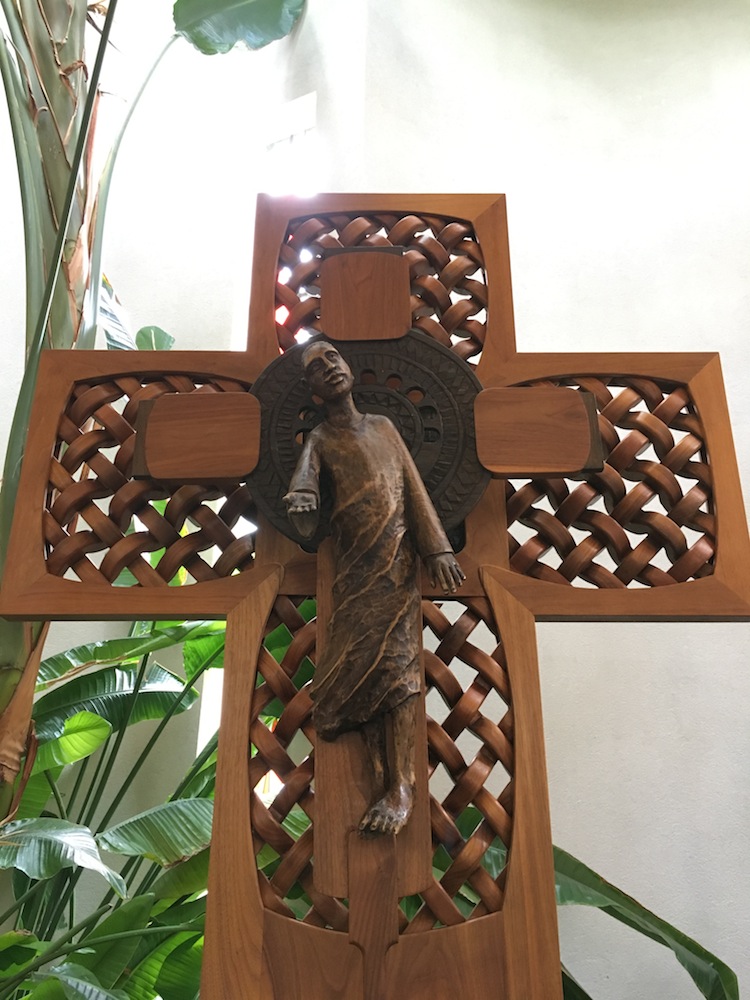
A good liturgy has moments of silence built into it for good reason. Daily, we need time to stand still and let God be God and let God move! Silence...
Read More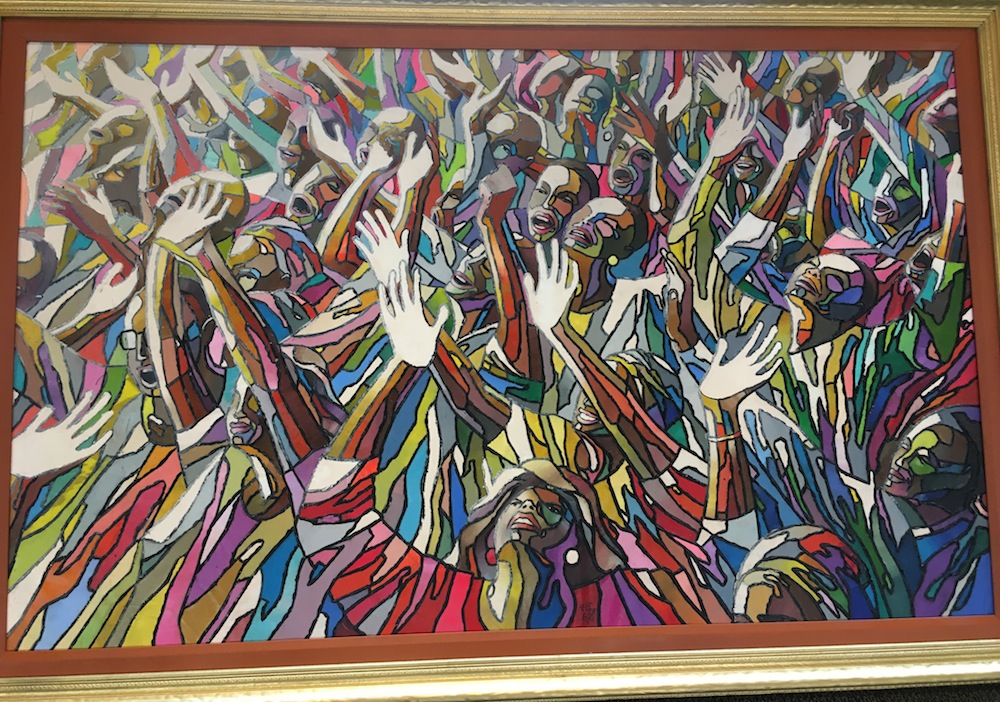
The reason to belong to a church is to become more God like. At the center of our faith is the all-important and inclusive clarity of what do we believe...
Read More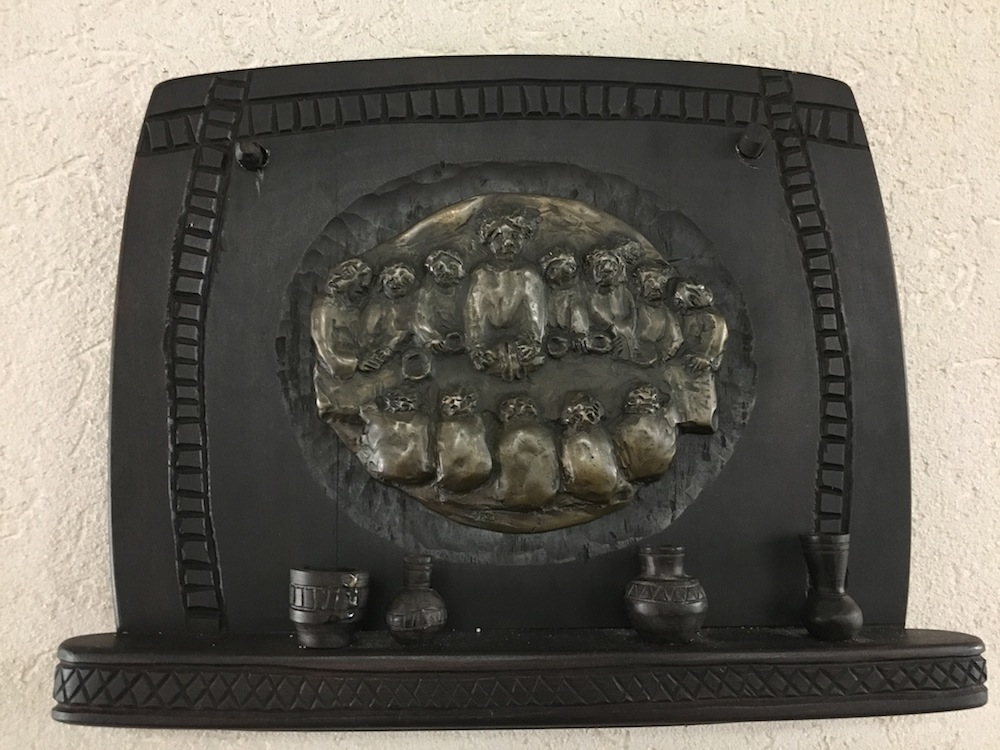
The Liturgy of the Word is the liturgy of God speaking to and instructing His people. The Lord gives us His time for one single reason, to tell us to...
Read More
Something is stopping, because something is starting. Recall stories from the bible where Jesus is coming to town and people, in anticipation of His coming, began to gather to “be...
Read More
While attending a Mass recently I was distracted by one of the priests who decided to dance a two-step during the procession. I thought, “Look at Fr. X hot dogging.”...
Read More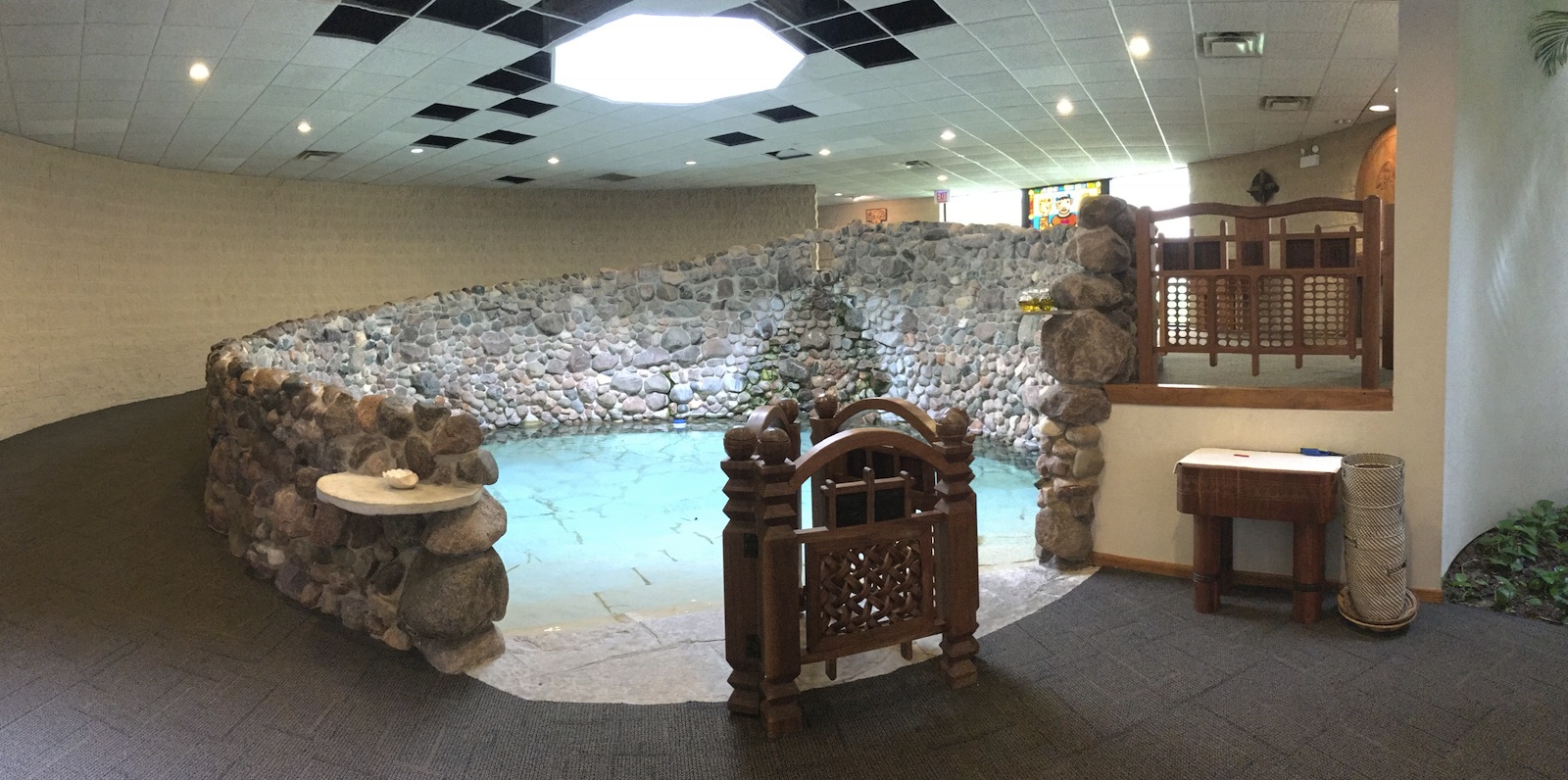
The waters of Baptism are old. They roll all the way back to the Beginning when God stepped out on space and created water. The Catholic theology of Baptism takes...
Read More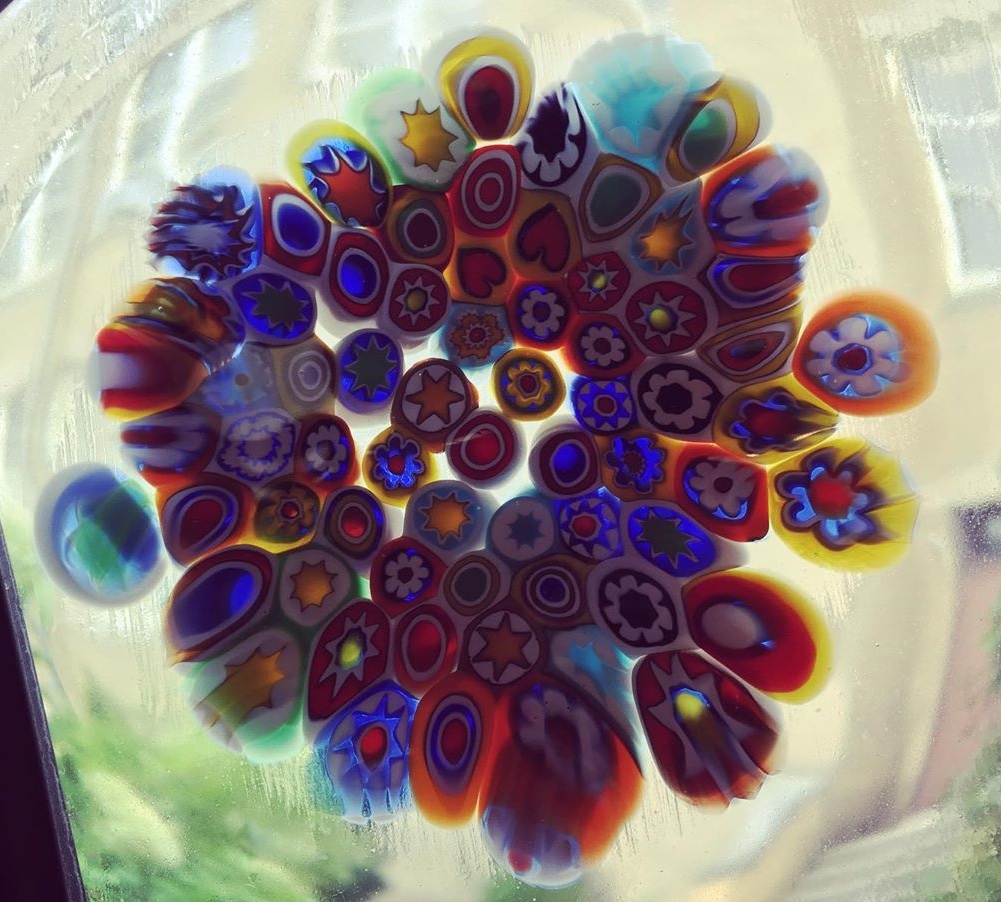
In our faith we understand that GOD IS! That’s about all we really know. The greatest mystery of all times is the center mystery of the Christian faith. We cannot...
Read More
Ecumenism is the movement to promote Christian unity. Jesus founded one, holy, catholic and apostolic church. Catholic with an upper case “C” is used for the proper noun naming the...
Read More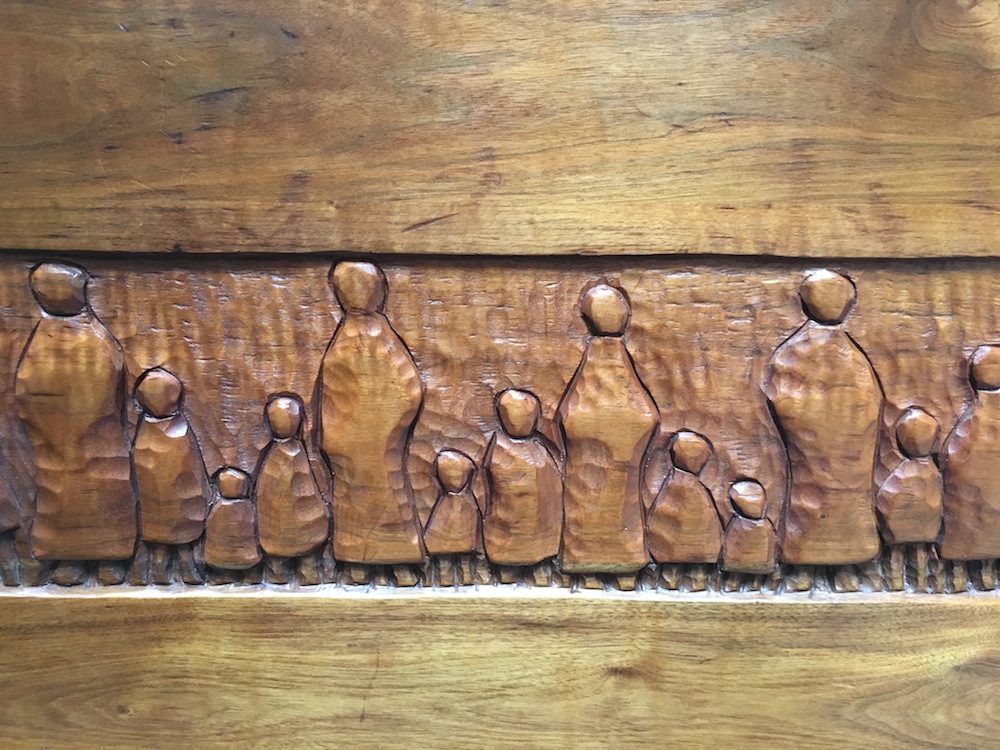
After we hear from God, the Liturgy of the Word, the next thing that comes out of our mouth is very important. “I believe…!” The Creed, a concise declaration of...
Read More
The cross is simple T shape to remind us that Jesus was crucified. The instrument of crucifixion was a cross.
Read More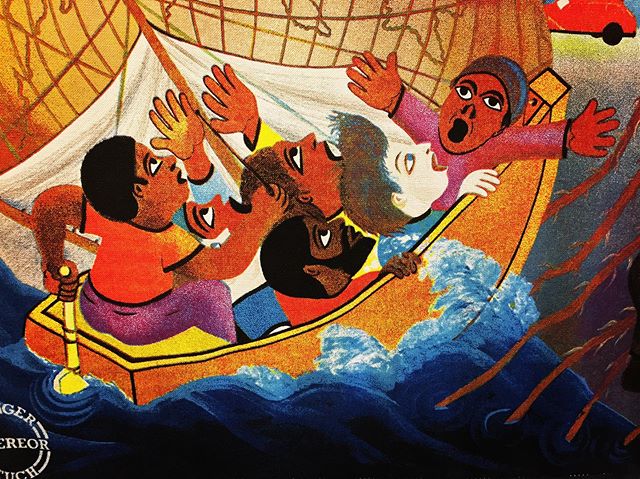
For most of the beginning of Mass our voice is silent. We break our silence to say “amen” to let God know that we hear him, we agree, we intend...
Read More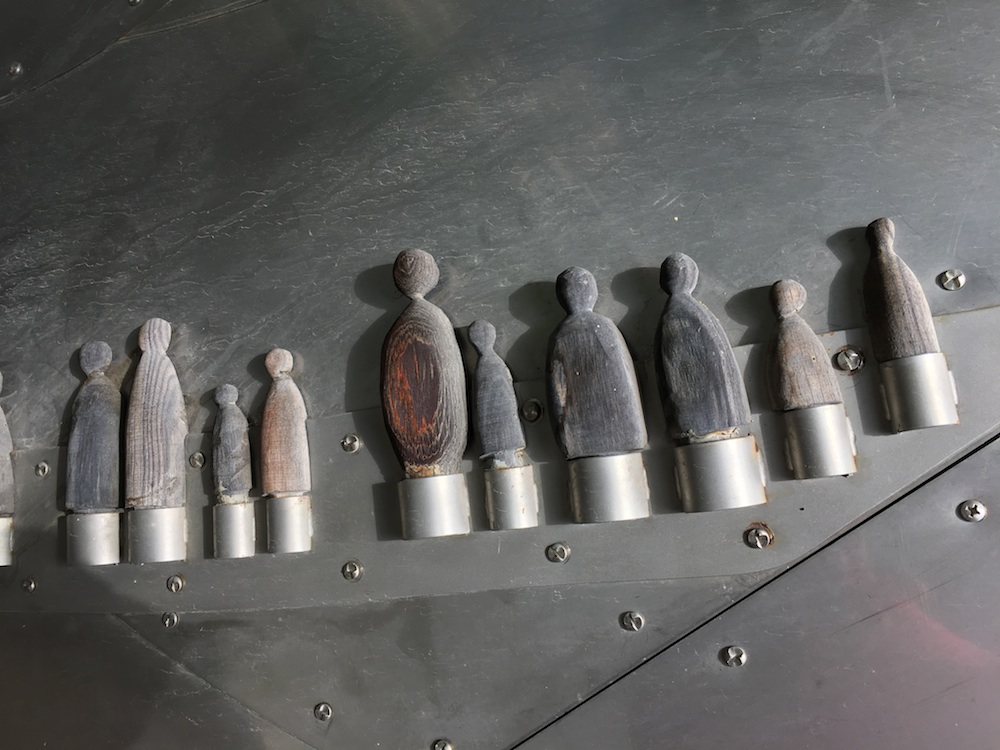
While I am on this pilgrim journey, I want Jesus to walk with me. That is the theology behind or beneath a Catholic entrance procession. The entrance procession recalls Jesus...
Read More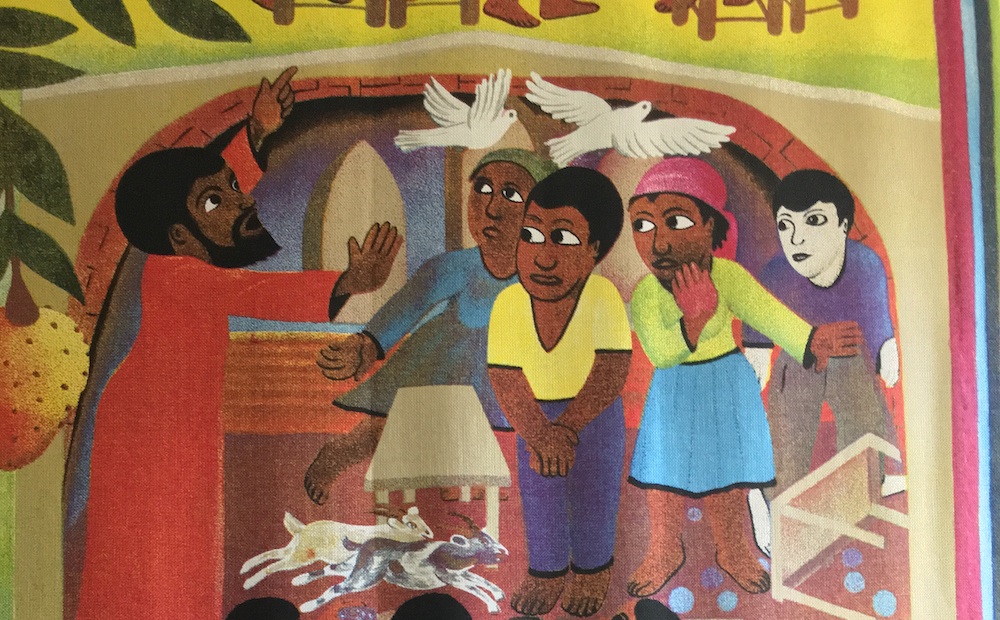
A mysterious moment happens as we realize the tomb where Jesus’ body was laid to rest is found empty. “Where is the body?” Is a most important question for the...
Read More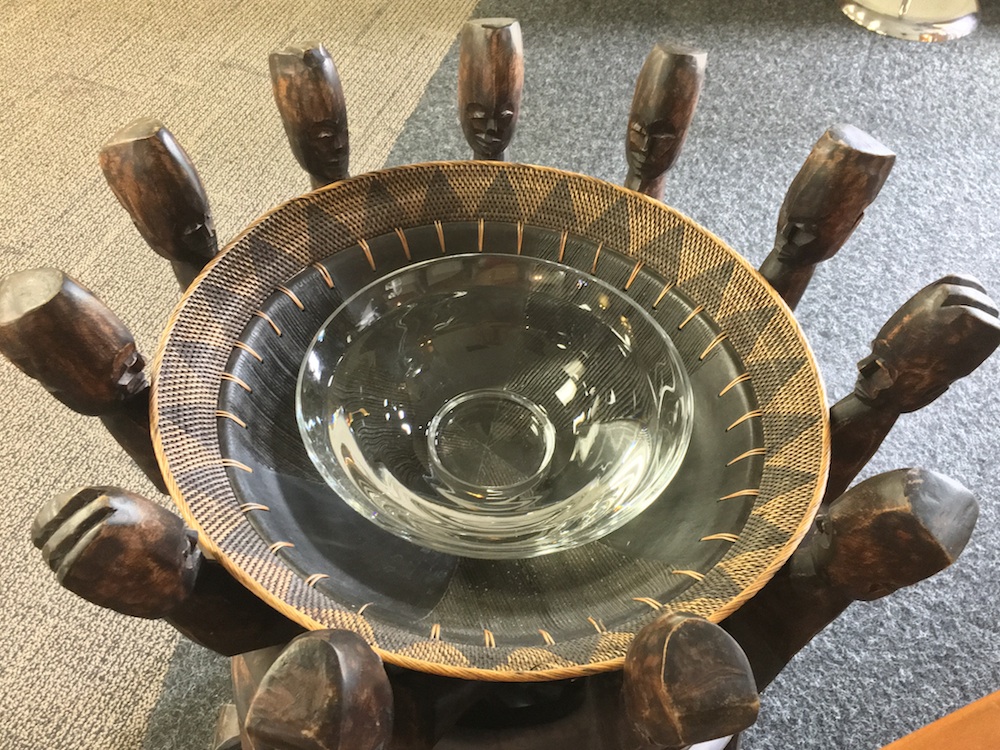
When we take something from the culture and mix it into the liturgy, the act is called enculturation. This is no easy trick!
Read More
The year starts with Advent and the GLORIA is omitted from our bank of prayers. Did you miss it? It returns to the liturgy for Christmas. It is an ancient...
Read More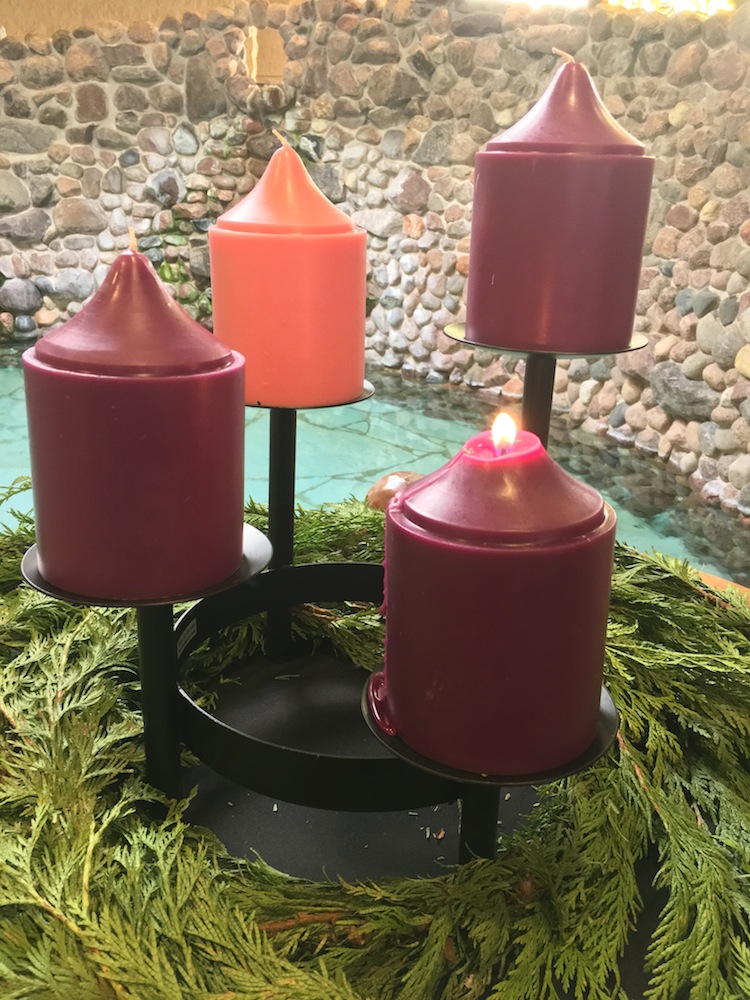
The season is four weeks
The purpose is to prepare for the Lord
The color is purple for prayer, not Lenten penance. Rose on...
Read More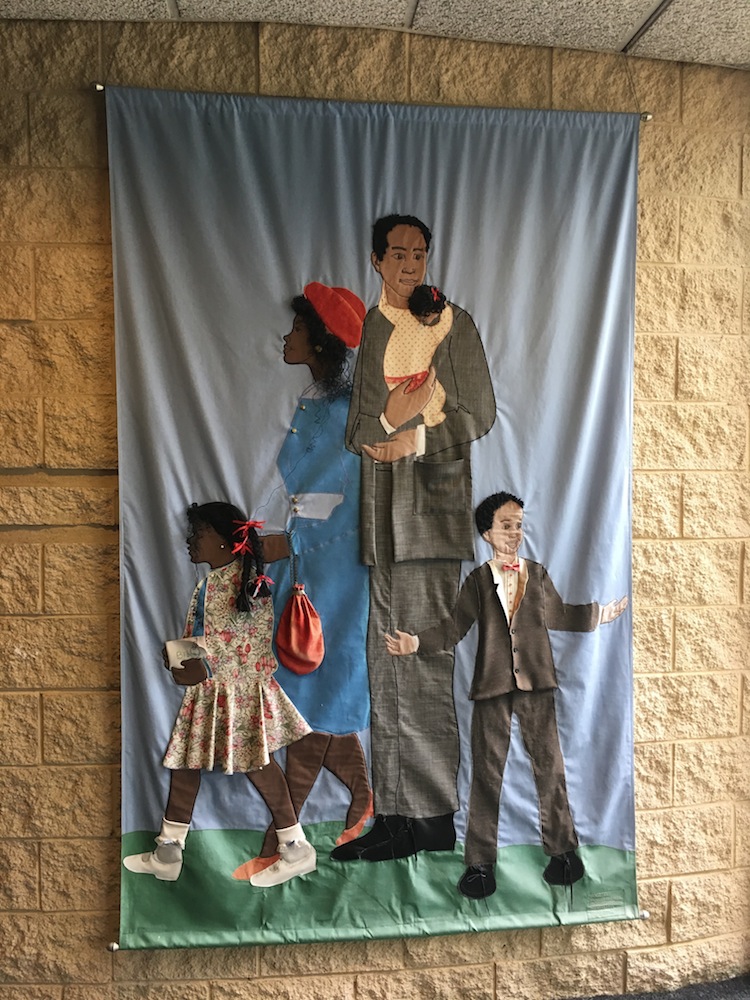
First giving honor to God on the first day of the week. The law intends for the WHOLE CHURCH to gather and celebrate the Lord’s Supper, Eucharist. A day of...
Read More
After all the high church of Easter and the litany of solemnities, we are back to ORDINARY TIME in our liturgical year.
Read More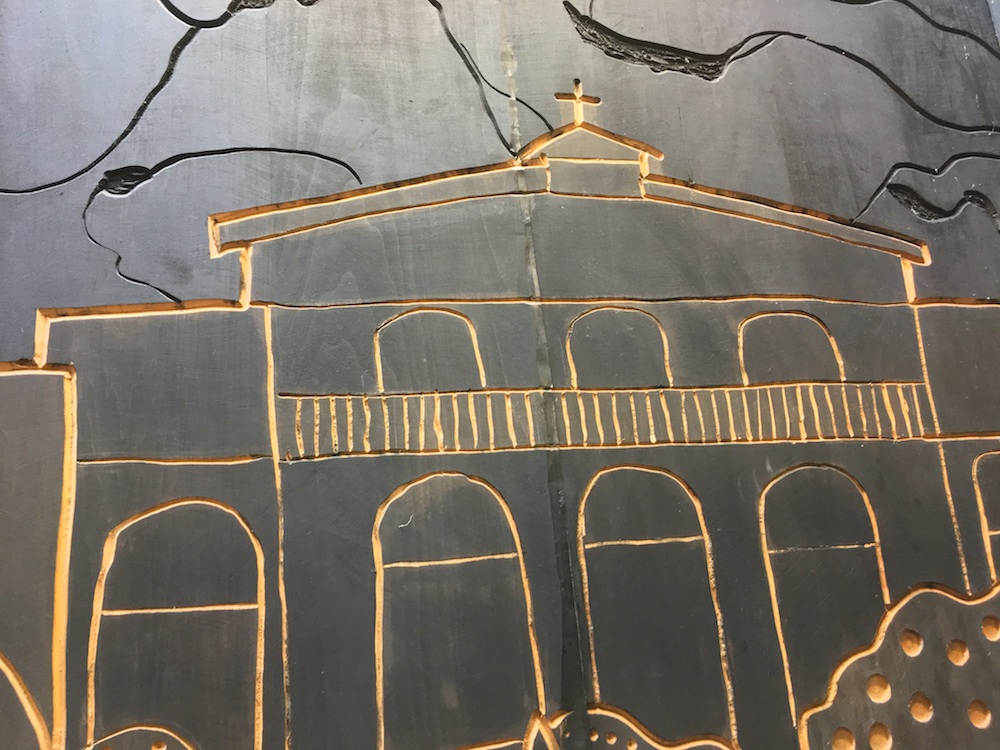
All apostles are disciples, not all disciples are apostles. When Catholics talk about the Apostles, we are referring to the twelve men Jesus choose, called by name. The word APOSTLES...
Read More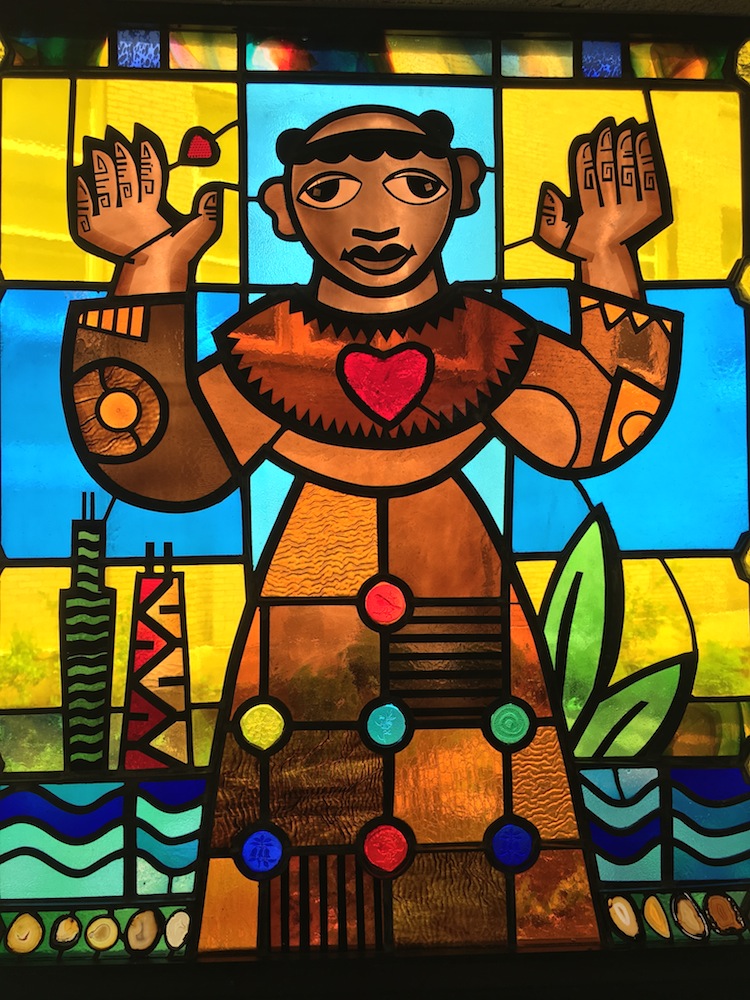
The context of Lent is important. Lent is a season of forty days before Easter. Lent only makes sense in the context of Easter. There is nothing glorious about the...
Read More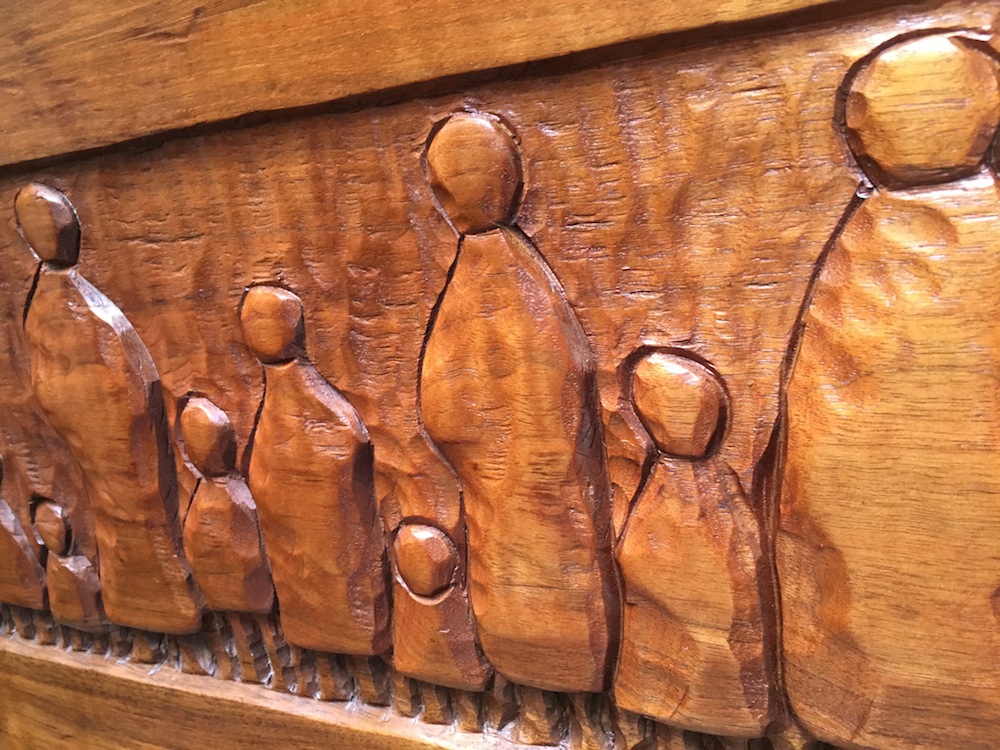
The bible tells us that after Jesus was baptized the Spirit led Him into the desert for forty days. During those days he prayed, abstained from temptation and fasted. This...
Read More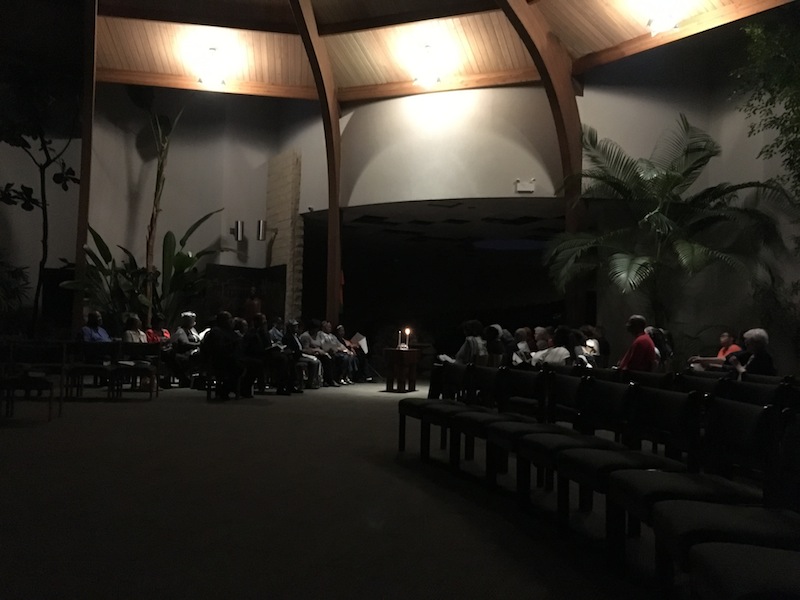
Just as the Eucharist is the high point of liturgy, Holy Week is the high point of the year. Holy Week considers what the church will need to make it...
Read More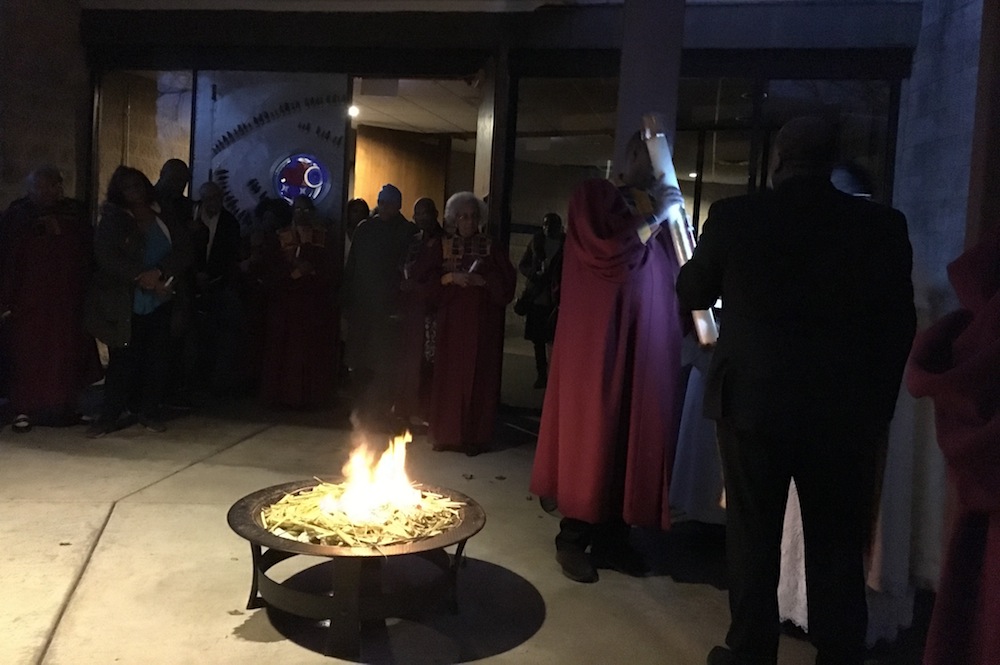
“My soul looks back and wonders how I got over.”
The Easter Vigil is THE MOST important night for the church. It is the ultimate night of revival! Basically it...
Read More
The forty days of Lent gave us a time of preparation. As Lent ended on the evening of Holy Thursday, we were given three days of prayer with the Lord...
Read More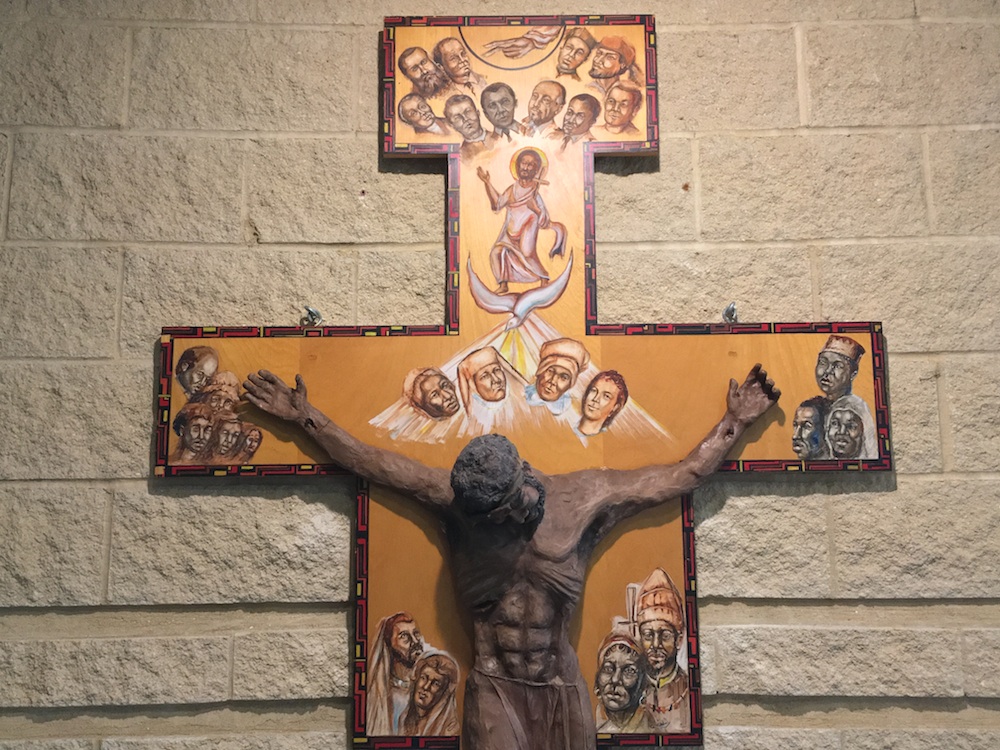
From the perspective of the church, we understand Halloween or All Hallows’ Eve or All Saints’ Eve in connection with All Saints Day. Just as we anticipate Sunday Mass on...
Read More
The mid-point of Lent is hopefully a turning point. Turning away from the darkness and into the light. Turning away from the fear and towards the hope. In some sense...
Read More
It is the church’s festival to celebrate the first manifestation of Jesus to the Gentiles. Notice how the scripture readings in the Christmas season give us details of Jesus’ heritage....
Read More
When you look at the liturgical year, you see that it is filled with lots of days we might call just another day journey and then there are high and...
Read More
We kind of know that there are two classes of deacons. Transitional deacons, men who are preparing to be ordained priest and permanent deacons, men who are ordained deacon for...
Read More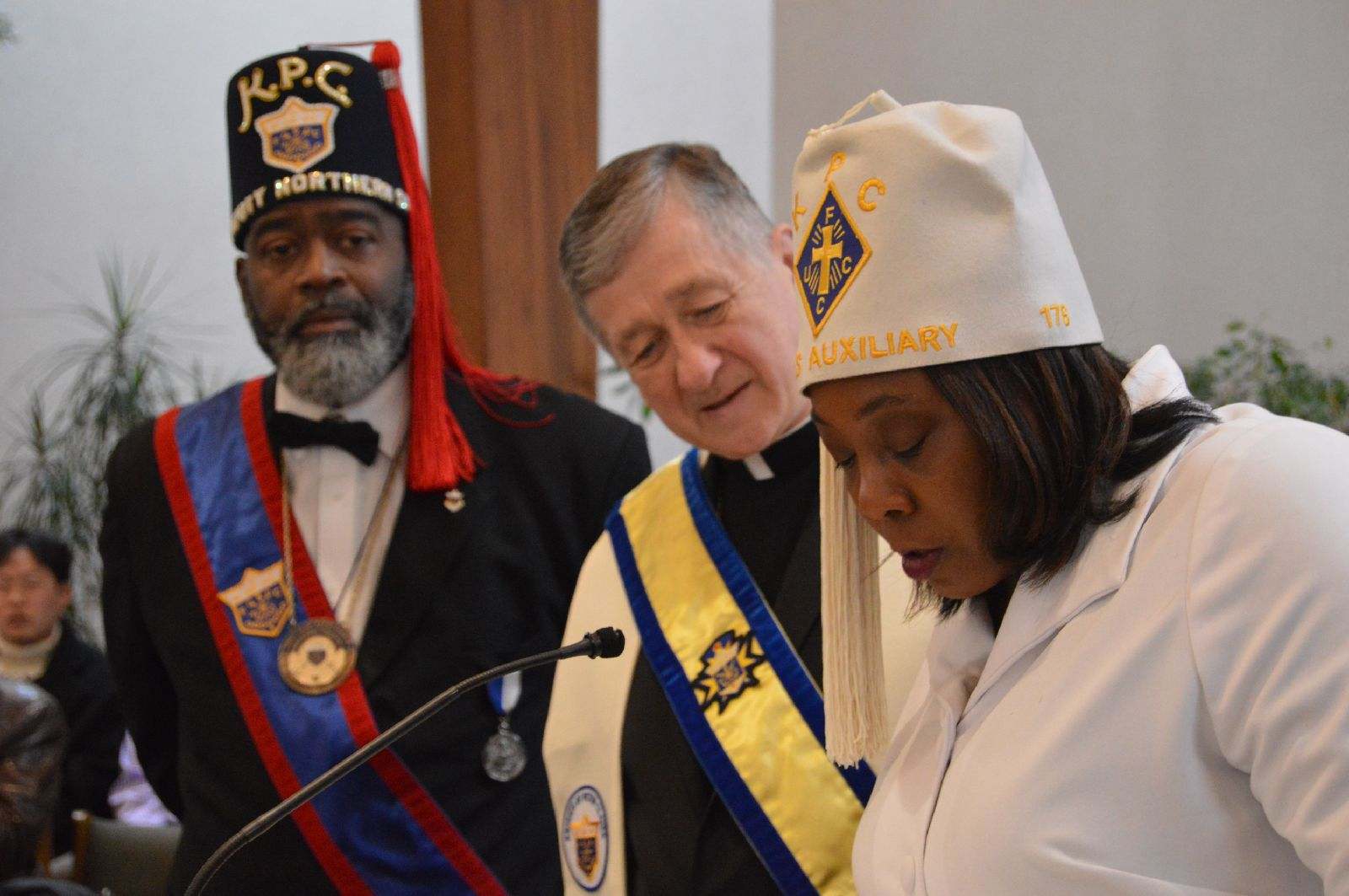
The Pope is the head of the church on earth. The Bishop is assigned to a certain area and heads that local church. Some Bishops or Archbishops are Cardinals.
Read More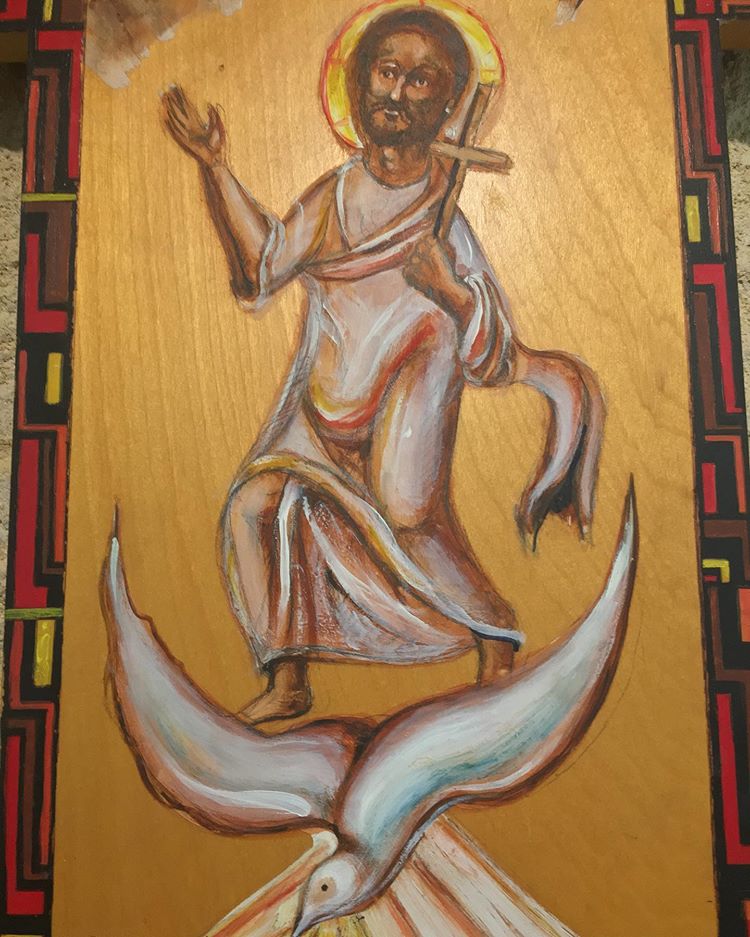
It’s not the Pope, it’s not the priest, oh it is Jesus! Jesus is the founder and head of the church. This is the church of Jesus Christ. Jesus is...
Read More
As the Pope is the successor of Christ, bishops are the successors of the Apostles, pastors of souls. In order to teach and care for souls, the Holy Spirit CONSECRATES...
Read More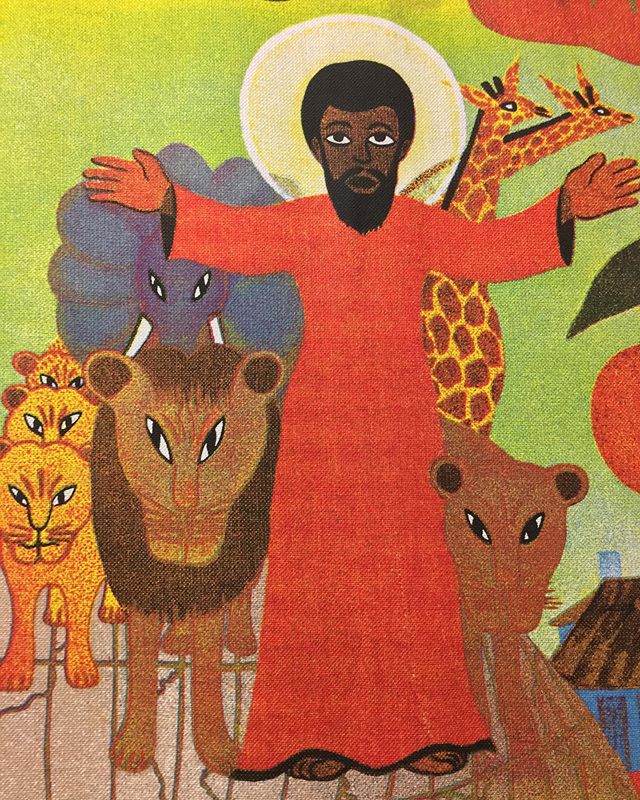
Jesus is the head of the church. He sits at the right hand of our Father who art in heaven. From his rightful place he reigns forever. This Ascension requires...
Read More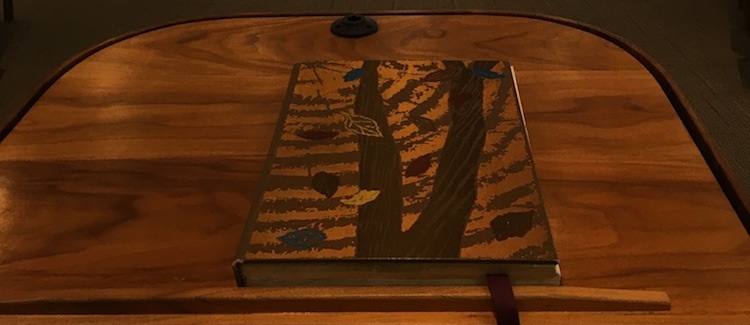
The Catholic bible is divided into two parts. The Old Testament or Hebrew Scriptures and the New Testament also called Christian Scriptures. Both are God’s Word. Together they tell the...
Read More
The first 5 books of the Catholic bible are called the Pentateuch. Genesis, Exodus, Leviticus, Numbers, and Deuteronomy. They give us the story of our beginning with God and the...
Read More
There are twenty-seven books in the Catholic New Testament. After the four gospels, which are written as if the writer had an actual encounter with the historical person Jesus, we...
Read More
Some people only have one source of revelation, Catholics know God in two ways. We know God through sacred scripture and we know God through sacred tradition. How did this...
Read More
The final book of the New Testament is the Book of Revelation. It is perhaps the best example of why the bible, in order to be effectively understood, has to...
Read More
Catholics have two sources of revelation. God speaks to us in two ways.
Read More
God speaks, humans hear, humans pass on the stories of encountering God (ORAL TRADITION). Next, as we evolved, we began to communicate using symbols that could be scratched or painted...
Read More
Precious Lord, take my hand
Lead me on, let me stand
I am tired, I am weak, I am worn
Through the storm, through the night
Lead me on...
Read More

Recap the bible study led by Sister Joanne Delehanty, OP on the Acts of the Apostles 6:1-7 (first reading) and John 14:1-12 (Gospel reading); readings for the Fifth Sunday of...
Read More
Recap the bible study led by Sister Joanne Delehanty, OP on the Acts of the Apostles 8:5-8, 14-17 (first reading) and John 14:23 (Gospel reading); readings for the Sixth Sunday...
Read More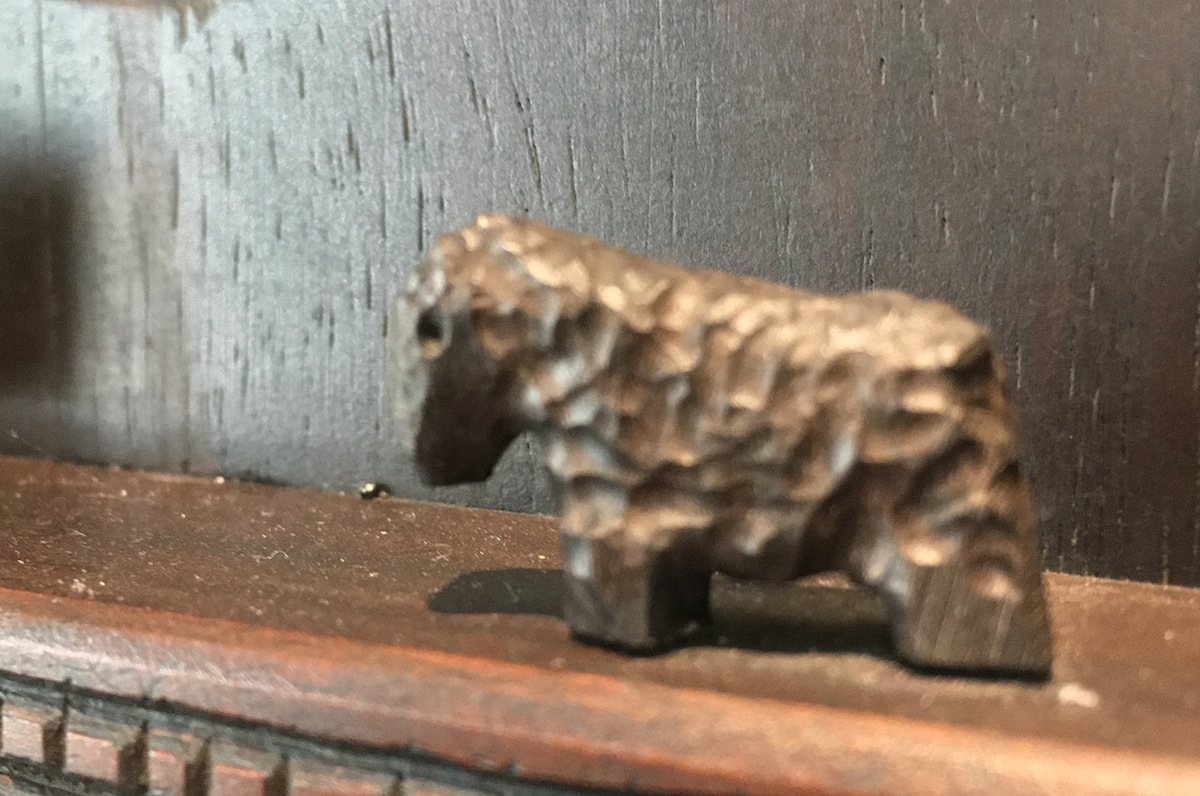
The people needed a Good Shepherd. And so, Jesus came from heaven to earth. If you want to live right you have to always put God in the picture. Today...
Read More
Recap the bible study led by Sister Joanne Delehanty, OP on Acts 2:14A, 36-41(first reading) and John 10:1-10 (Gospel reading); the readings for the Fourth Sunday of Easter.
Read More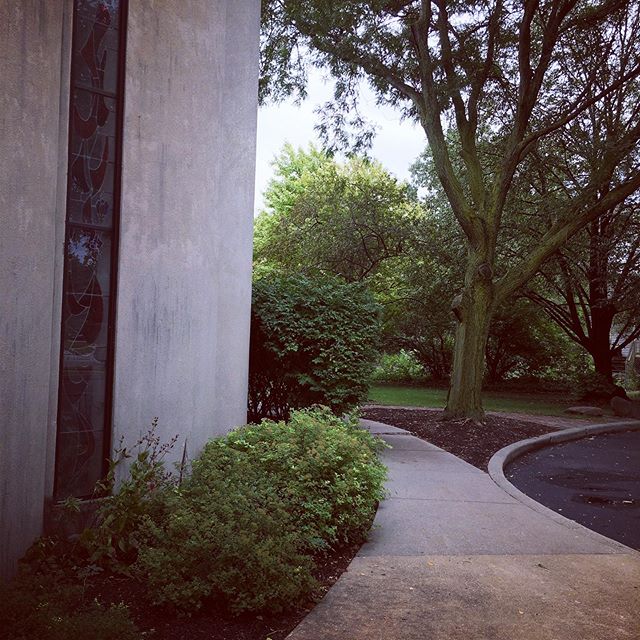
Today is a happy day for Jesus
Because two of his disciples finally got it.
They were on the road to Emmaus
Walking and talking about church stuff
That’s what...
Read More
Recap the bible study led Sister Joanne Delehanty, OP on the Gospel for the Third Sunday of Easter (Luke 24:13-35).
Read More
On the evening of that first day of the week, when the doors were locked, where the disciples were, for fear of the Covid19 virus Jesus came and stood in...
Read More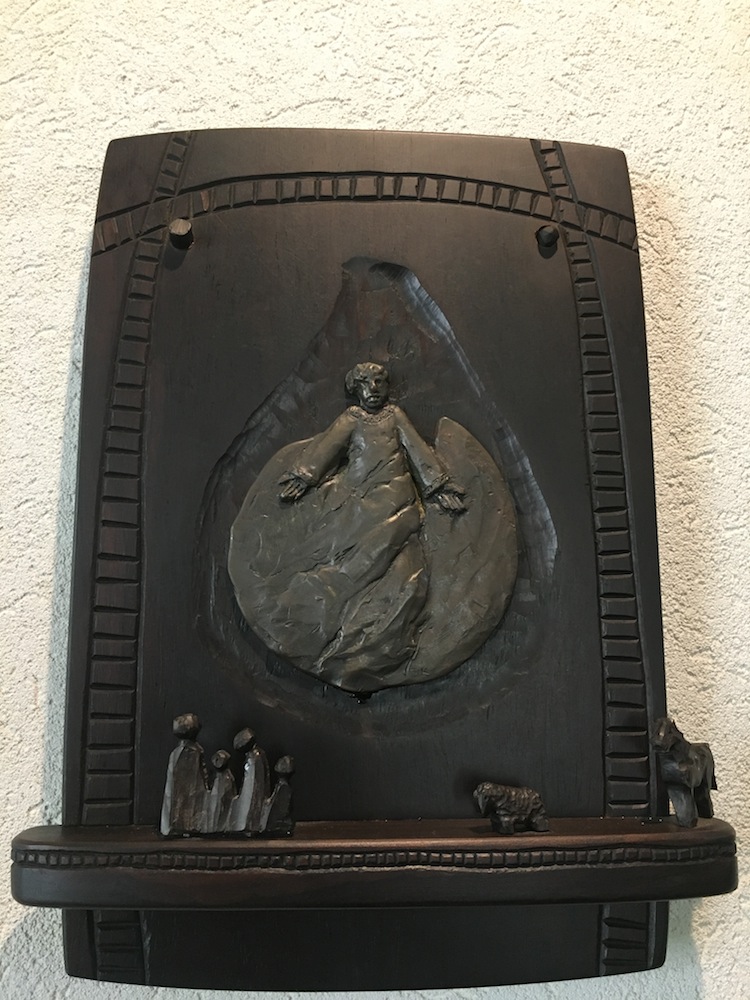
Mary of Magdala came to the tomb and saw the stone removed from the tomb.
Peter and the other disciple went out and came to the tomb.
Read More
Interesting these days young people are calling me and asking me “is this the end?”
I’m responding “I don’t think so” because God still has work for young people to...
Read More
It is a new year, a time to look back and reflect, to look ahead and rethink some things and make decisions. Today in this beginning of the new year...
Read More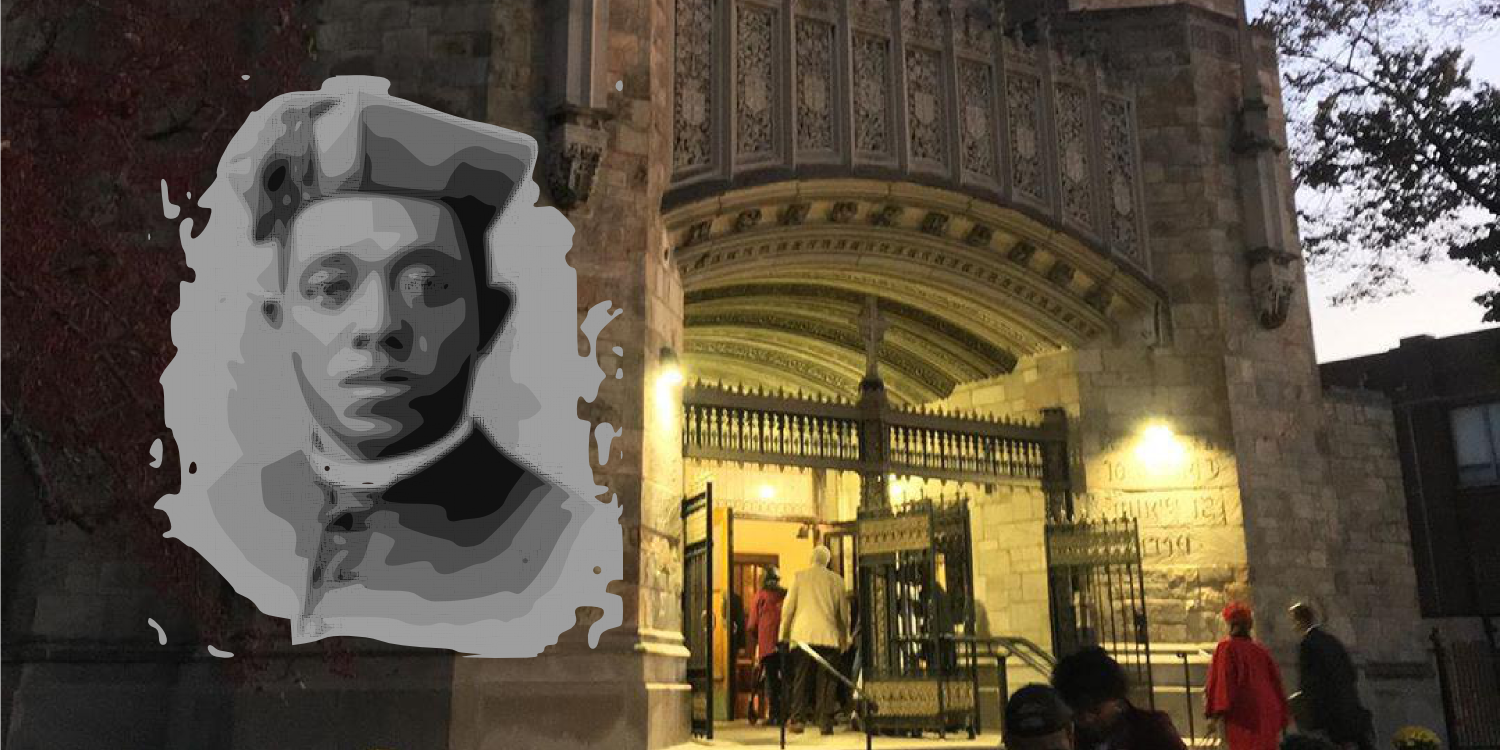
The church of Chicago celebrated Pope Francis’ declaration of Father Augustus Tolton as “venerable” with a Mass of Thanksgiving at St. Philip Neri. The following is the full video recording...
Read More-Mrs. Rowell, Parishioner
See how you can help care for our parish home
Get In Touch!
SAINT BENEDICT THE AFRICAN PARISH
340 W 66th Street
Chicago, IL 60621
773-873-4464
SBApanullrishnull@aolnull.com